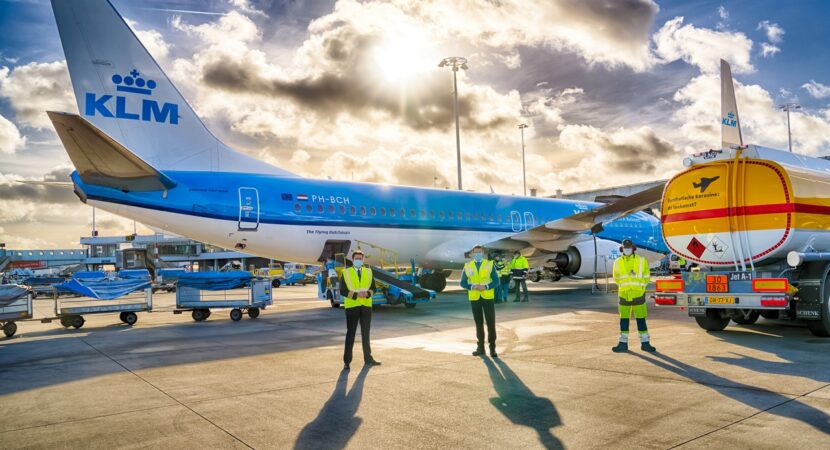
The companies will, by 2027, establish a domestic supply chain that handles everything from sourcing raw materials to manufacturing and distribution, but the partnership's initial focus is on accelerating production of a renewable jet fuel.
Mitsubishi and Eneos Holdings jointly announced on Monday (18) that they will produce renewable fuel for the aviation market (SAF), which significantly reduces carbon dioxide emissions from aircraft. Companies will, by 2027, establish a domestic supply chain that handles everything from sourcing raw materials to manufacturing and distribution. The announcement confirms the previous report released by Nikkei on the matter.
Eneos and Mitsubishi team up to decarbonize the aviation market with the use of renewable fuel
With the regulations of decarbonisation As aviation regulations become more stringent around the world and competition for SAF increases, the two companies intend to reduce their dependence on imports by establishing their own mass production system.
SAF is derived from biomass, like used cooking oil and plants. It is blended with aviation fuel derived from crude oil. With it, carbon dioxide emissions from aircraft can be reduced by 70% to 90% compared to conventional fuel.
Worldwide, in 2020, 63 million liters of SAF were used, less than 1% of the total amount of aviation fuel used. It is estimated that the introduction of fuel regulations will require around 13 billion liters of SAF in Japan, the US and Europe alone by 2030.
The Japanese government has set a target to replace 10% of the aviation fuel used annually (about 1,3 billion liters) with SAF by 2030. The plan is to build a facility to receive SAF at Chubu International Airport in autumn 2022. All Nippon Airways (ANA) and Japan Airlines (JAL) have partially introduced SAF but are still dependent on imports.
Mitsubishi and Eneos have agreed to create a domestic supply chain
With the government's objective in mind, Mitsubishi and Eneos agreed to create a domestic supply chain for large-scale sales of the renewable fuel. Mitsubishi will handle the procurement of raw materials and distribution. In addition to its own grain and chemicals networks, the company will also consider incorporating the purchasing networks of group companies such as Mitsubishi Foods and Lawson.
Eneos will use some of its refineries for production. The production volume has not yet been determined, but the expectation is hundreds of thousands of tons per year. The partnership will form the basis of the government's target for 2030. SAF will be provided to airlines arriving and departing from airports in Japan. Specific details of the partnership, such as whether a new company will be established, will be decided at a later date.
The cost of producing SAF depends on the raw materials used, but averages from 1.000 yen to 2.000 yen (US$8 to US$16) per litre, up to 10 times higher than ordinary jet fuel. When importing, logistics and other costs are also taken into account. Carbon dioxide emissions from transporting the fuel are also an issue. The two companies will establish a domestic mass production system for SAF to significantly reduce costs and lower obstacles to widespread use.
Organization decides that airlines should not increase their carbon dioxide emissions
The International Civil Aviation Organization, which counts 191 countries and regions as members, in 2021 decided that airlines should not increase their carbon dioxide emissions above 2019 levels.
It plans to make the restriction mandatory in 2027. If the ICAO enforces the rule, planes that have not taken steps to reduce carbon dioxide emissions may have to leave service. Considering this international rule, Mitsubishi and Eneos intend to start mass production by 2027. Europe and the US currently lead in the production of SAF.
The Finnish company Neste has already sold its product and counts ANA and Delta Air Lines among its customers. Fulcrum Bioenergy in the US started production in FY 2021 in partnership with JAL. Lanzajet, an American company, received investments from Microsoft, Shell and others and will start production in the state of Georgia in 2023.
In Japan, JGC Holdings, Cosmo Oil and others plan to build a commercial plant by 2025. Tokyo company Euglena is also moving forward with SAF production trials using euglena, a type of freshwater flagellate, and other raw materials. Japanese companies lag behind their European and North American competitors in terms of production technology and cost, and have not yet paved the way for mass production.
Mitsubishi and Eneos will also work with other companies participating in SAF production, with the aim of reducing cost competitiveness to levels in Europe and the US. Eneos will initiate a feasibility study with Mitsubishi Total Energy of France on the production of SAF.

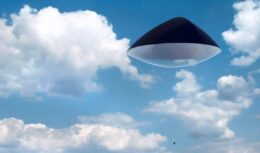


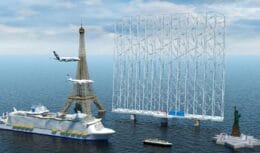
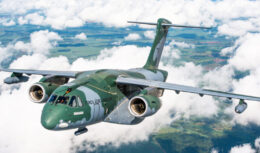



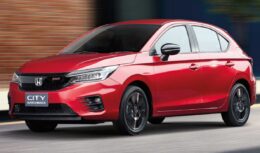

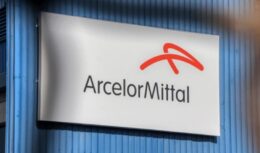
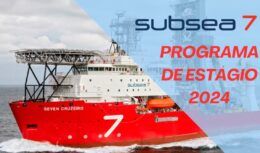
Army summons Brazilians with up to…
Come be a watermelon, you too
Air Force F-16 fighters…
Everything is fine, 100-year secrecy,…
Air Force F-16 fighters…
Well... It's flying scrap... Typical...
Air Force F-16 fighters…
Which genocide are you talking about? Than…
They discover the third largest deposit…
That’s why all foreigners and NGOs…
It could be that these older people…
I am a carpenter, assembler of all types…
I'm a carpenter I want
I wanted to understand better!
I am available
GOOD LET’S GO SO THIS NEW TRAIN…
I am interested in working in construction
Xoooooou! Send more photos of this place…